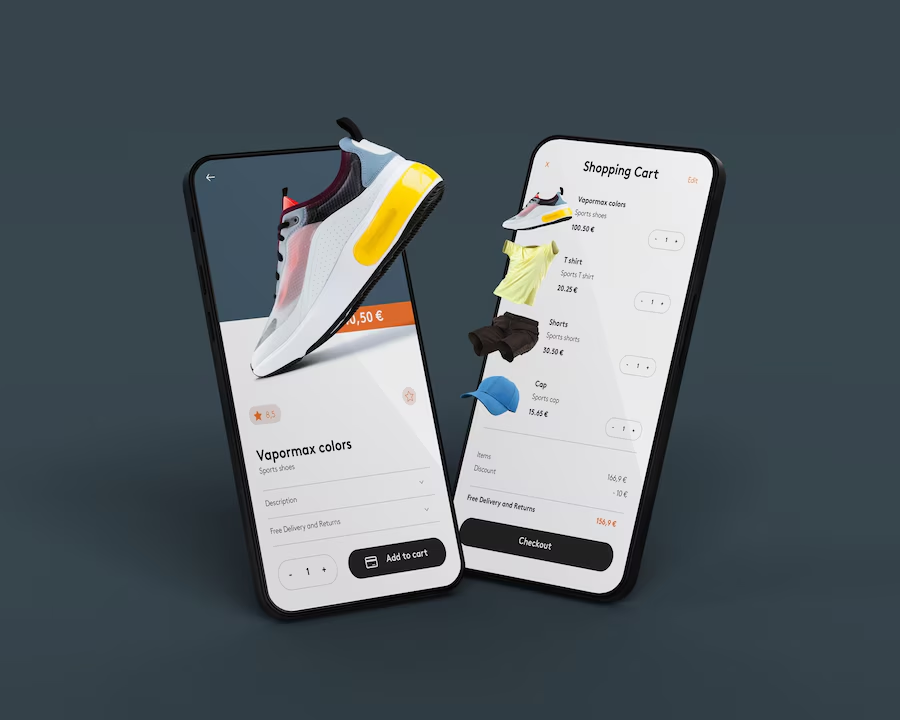
Responsive vs. Mobile-Optimized: What’s the Difference?
What is a Responsive Website?
A responsive website is designed to adjust and fit any screen size—whether desktop, tablet, or mobile. It ensures that elements like text, images, and layouts resize accordingly.
✔ Adapts to different screen sizes
✔ Uses the same content and layout for all devices
✔ Ensures proper display without zooming or scrolling
However, a responsive website doesn’t necessarily mean a great mobile experience.
What is a Mobile-Optimized Website?
A mobile-optimized website is specifically designed to provide an enhanced user experience for mobile visitors. This includes:
✔ Faster load speeds with optimized images and code
✔ Thumb-friendly navigation with larger buttons and easy-to-tap elements
✔ Minimal pop-ups and distractions
✔ Streamlined content for quick reading on small screens
✔ Click-to-call and mobile-friendly forms for better engagement
While all mobile-optimized websites are responsive, not all responsive websites are truly mobile-optimized.
Why Mobile Optimization Matters for Your Business
1. Google Prioritizes Mobile-Friendly Websites
Google follows mobile-first indexing, meaning your site’s mobile performance affects its ranking. A poorly optimized mobile site can hurt your SEO and visibility.
2. Mobile Users Expect Fast, Smooth Experiences
More than 60% of website traffic comes from mobile devices. Slow-loading pages, small buttons, or too much scrolling can frustrate users and drive them away.
3. Higher Conversions & Customer Engagement
A seamless mobile experience increases conversions. Whether it’s an e-commerce purchase, form submission, or booking inquiry, a well-optimized site helps users take action.
4. Better Brand Reputation
A frustrating mobile experience makes your business appear outdated. A smooth, mobile-optimized site improves trust and brand perception.
A responsive website is a good start, but true mobile optimization ensures a fast, engaging, and user-friendly experience for your visitors. If your website isn’t delivering the best mobile experience, it’s time for an upgrade!
At VIAWEB, we help businesses create fully optimized, high-performing websites that attract and convert mobile users. Let’s build a mobile-friendly site that works for your business!
